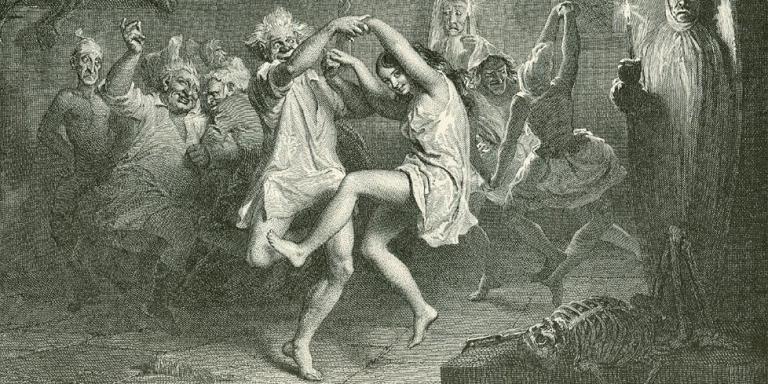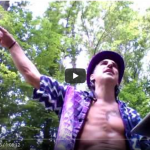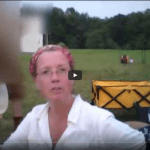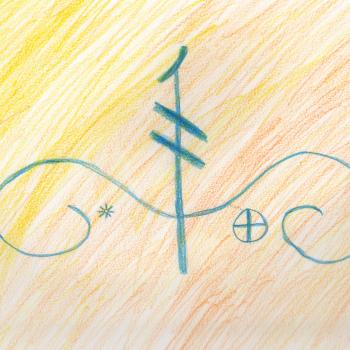I don’t want to tell someone who says “I’m Pagan” that they aren’t. I might think they’re doing it wrong, but:
1. Who the hell am I to tell other people what religion they are? and
2. If I want them to do Paganism right, chasing them away isn’t helpful.
But there are some Pagans out there who I think aren’t doing it right, who seem to want to be Lutherans except with a different model of the divine. They want to be solid citizens with nice quiet respectable lives that feature occasional worship services that give support, but don’t interfere too much with everyday life.
I don’t mean that to be insulting. My mom is a Lutheran along those lines, and her church was a wonderful supportive community during her illness.
But the problem is that we are not in an ordered, stable, quiet time. And I do not mean the current political situation in the United States. (I honestly find some of the pearl-clutching about Trump ridiculous and ahistorical. Sure, he’s awful, but government in the United States has been awful for a long time now.)
I mean that we are in an era when humanity is shifting from agricultural civilization to technological we-don’t-know-what, that we’re in a centuries-long shift as profound and unpredictable as the dawn of civilization. And one that’s more dangerous, one that has already done great harm to the biosphere.
This is the big picture view that has influenced my work and my thinking the past decade or so: up through the Neolithic revolution about twelve thousand years ago, humans had gatherer-hunter cultures with flat social structures and shamanistic spirituality. As we became “civilized”, living in cities and living off agriculture, we developed hierarchical power structures and priestly religions based around complex group ritual.
That structure began to crack around the end of the Middle Ages, a few hundred years ago. (Especially important was the invention of movable type, making possible mass printing — the first stirrings of mass media.)
The pace of change started to increase in the eighteenth and nineteenth centuries, and artists and intellectuals trying to deal with the problems it created found that their Christianity didn’t have good answers. So they looked to their pre-Christian heritage, to other cultures, and to the natural world: these three lines of thought laid the ground for Neopaganism. I tell that story in Why Buddha Touched The Earth.
And this is where we come in. Just as the shift from gatherer-hunter societies to agricultural civilization meant a change from shamanism to priestly organized religions, so the change we are undergoing creates and requires change in our spiritual practices.
Who’s going to find what we need for that change? The wild ones. The experimenters. The spiritual mad scientists. The mutants and freaks. The explorers of consciousness. The Pagans, a name taken because it suggested both a link to the past and a rebelliousness and disreputableness, a rejection of the mainstream — a name to which we often prepend “Neo”, new, to show that we are looking forward as well as back.

Now, there are many different ways to be wild; I’m not saying you have to drink lots of booze or use psychedelics or dance around huge bonfires. The wildness here is a matter of rejecting society’s judgments of “what is simply not done”. You can drink or be a teetotaler, you can grow your hair long or shave it all off, you can be polyamorous or celibate; what makes it wild is that you choose to do it for your reasons, rather than accepting the default choices.
That wildness draws us toward nature rather than artifice. It draws us towards diversity and anti-authoritarianism and the sovereignty of the individual. It draws us toward humor and play
What makes Paganism Pagan is a willingness — indeed, a need — to explore the borders and boundaries and liminal spaces, to question authority and assumptions about even the gods.

















